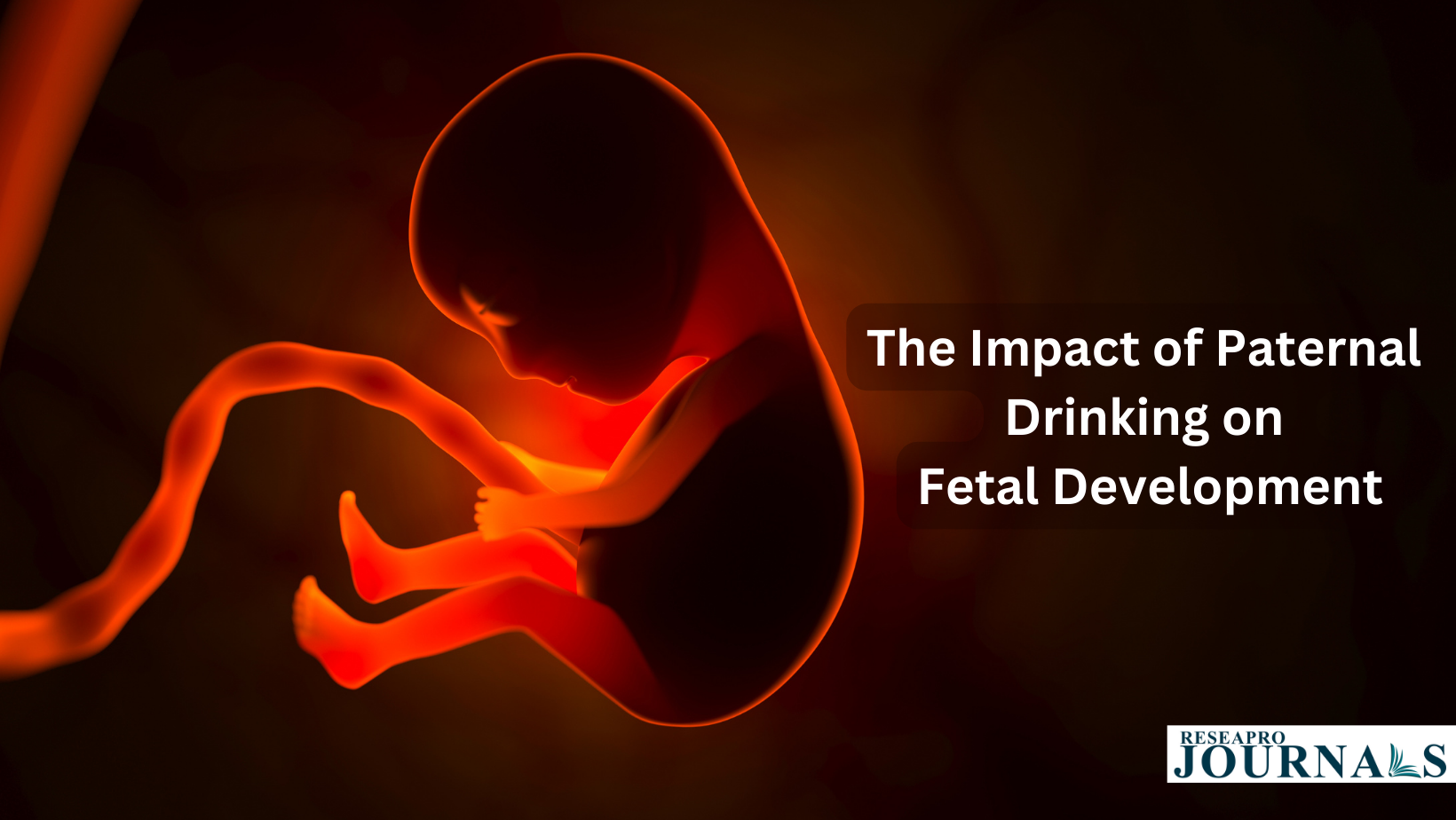|
Getting your Trinity Audio player ready...
|
Recent research challenges the conventional focus on maternal alcohol consumption during pregnancy, shedding light on the impact of paternal drinking on fetal development. While historically attributed solely to maternal habits, alcohol-related birth defects, including fetal alcohol syndrome, are now under scrutiny regarding the role of fathers. Men, more prone to binge drinking and alcohol use disorder, carry epigenetic information in sperm that significantly influences fetal development. Contrary to prevailing practices, studies reveal that chronic male alcohol exposure before conception contributes to craniofacial abnormalities and growth deficiencies in offspring. Using a mouse model, researchers found that paternal alcohol exposure correlates with facial, skull, and brain abnormalities, persisting into adulthood. Moreover, paternal drinking appears to affect fertility, diminishing success rates in assisted reproductive technologies. Considering the substantial societal and economic costs of fetal alcohol spectrum disorders, incorporating paternal drinking habits into public health discussions is imperative. Acknowledging the influence of both parents on fetal development provides a more comprehensive understanding of the factors contributing to birth defects and child health.




